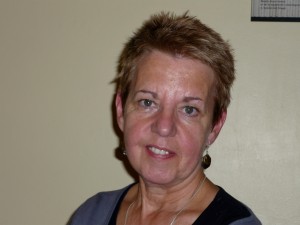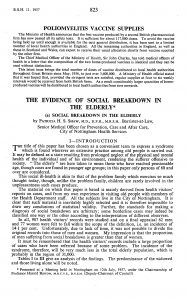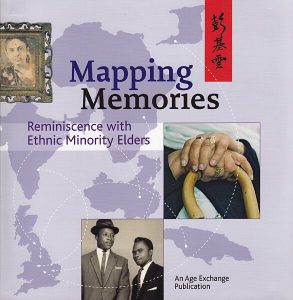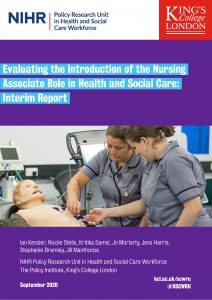Dr Mary Baginsky is Senior Research Fellow at the NIHR Policy Research Unit in Health and Social Care Workforce. (1,109 words)
The report on the second round of Children’s Social Care Innovation Programme funding for the 10 MTM (Munroe, Turnell and Murphy) Signs of Safety (SofS) pilots has just been published. The strengths-based approach to child protection and safety is widely used around the world, as well as in two-thirds of local authorities in England (Baginsky et al., 2020). The term ‘Signs of Safety’ refers to a model of practice that consists of:
- principles that privilege relationships with children and their families
- disciplines in relation to assessments, behaviours and language
- tools for assessment and planning, as well as for use with children and families.[1]
It is not known to what extent a ‘pure model’ of SofS is in place in English local authorities. The survey that identified its use also showed the variations – and pick and mix approaches – that were in place.
Back in 2014 when the 10 MTM pilots were recruited the idea was that they worked to the model above which was developed into a whole system design that MTM considered essential to support, monitor and build high-quality SofS practice based on a supportive organisational culture and the commitment of those in senior leadership positions. The first evaluation found that: Continue reading



 Caroline Green
Caroline Green At the
At the 
 Richard Griffin MBE is Visiting Senior Research Fellow, King’s Business School. (434 words)
Richard Griffin MBE is Visiting Senior Research Fellow, King’s Business School. (434 words)

 South London is still the home of one of the leading national, even international, organisations that has proven the value of oral history and reminiscence among older people of different faiths, cultures and heritages. Founded in 1983 by Pam Schweitzer MBE,
South London is still the home of one of the leading national, even international, organisations that has proven the value of oral history and reminiscence among older people of different faiths, cultures and heritages. Founded in 1983 by Pam Schweitzer MBE, 